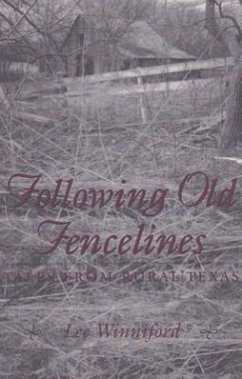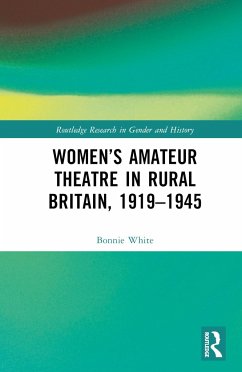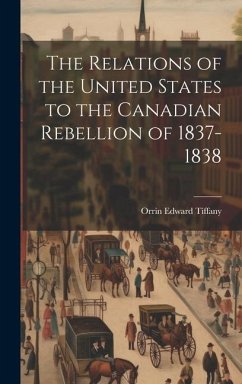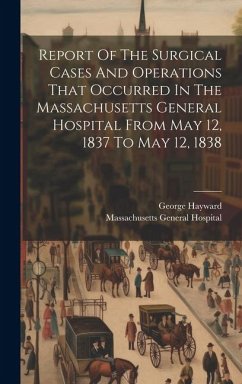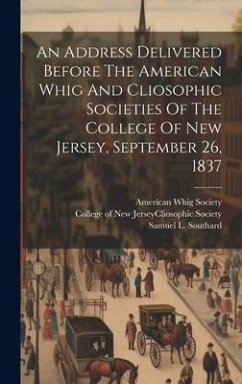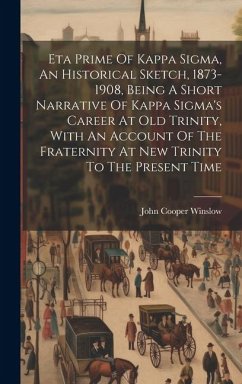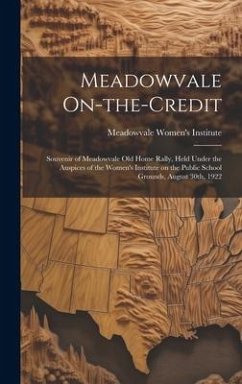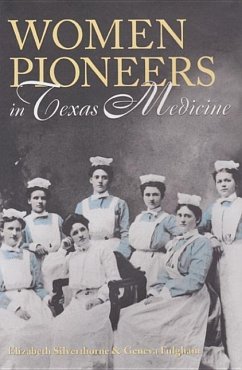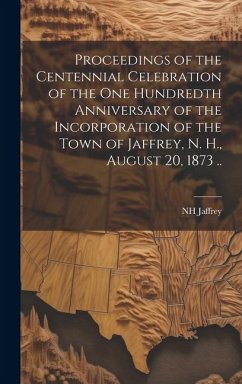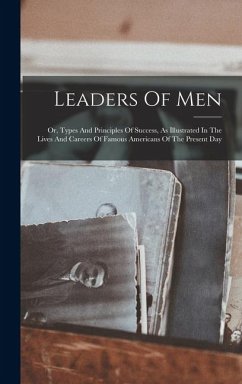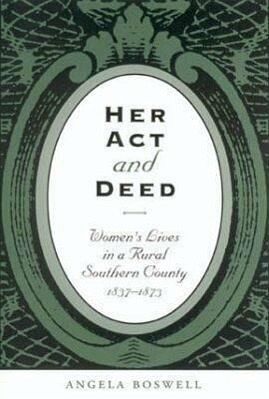
Her Act and Deed: Women's Lives in a Rural Southern County, 1837-1873
Versandkostenfrei!
Versandfertig in über 4 Wochen
22,99 €
inkl. MwSt.

PAYBACK Punkte
11 °P sammeln!
Deeds, wills, divorce decrees, and other evidence of the public lives of nineteenth-century women belie the long-held beliefs of their public invisibility. Angela Boswell's Her Act and Deed follows the threads of Southern women's lives as they weave through the public records of one Texas county during the middle of the nineteenth century. Her unique approach to exploring women's roles in a South that spanned the frontier, antebellum, Civil War, and Reconstruction eras illuminates the truths of the feminine world of those periods, and her analysis of this set of complete public records for tho...
Deeds, wills, divorce decrees, and other evidence of the public lives of nineteenth-century women belie the long-held beliefs of their public invisibility. Angela Boswell's Her Act and Deed follows the threads of Southern women's lives as they weave through the public records of one Texas county during the middle of the nineteenth century. Her unique approach to exploring women's roles in a South that spanned the frontier, antebellum, Civil War, and Reconstruction eras illuminates the truths of the feminine world of those periods, and her analysis of this set of complete public records for those years challenges the theory of men's and women's separate spheres of influence. The world Boswell reconstructs allows readers a more egalitarian, multicultural look at life: working class and poor women, both black and white, join their more affluent sisters in the pages of the Colorado County, Texas, courthouse records. Those same records reveal that the men of that world -- most of them planters or farmers, the majority of them owning at least a few slaves -- were a force for women to reckon with, both in public and at home. The almost constant presence of men in the home and their need to uphold the dominant, slave-holding hierarchy produced a patriarchy more pervasive than that experienced by women in the urban North. Accessible to scholars and general readers alike, Her Act and Deed represents a welcome addition to the classroom, to the scholar's library, and to Texas history collections.



